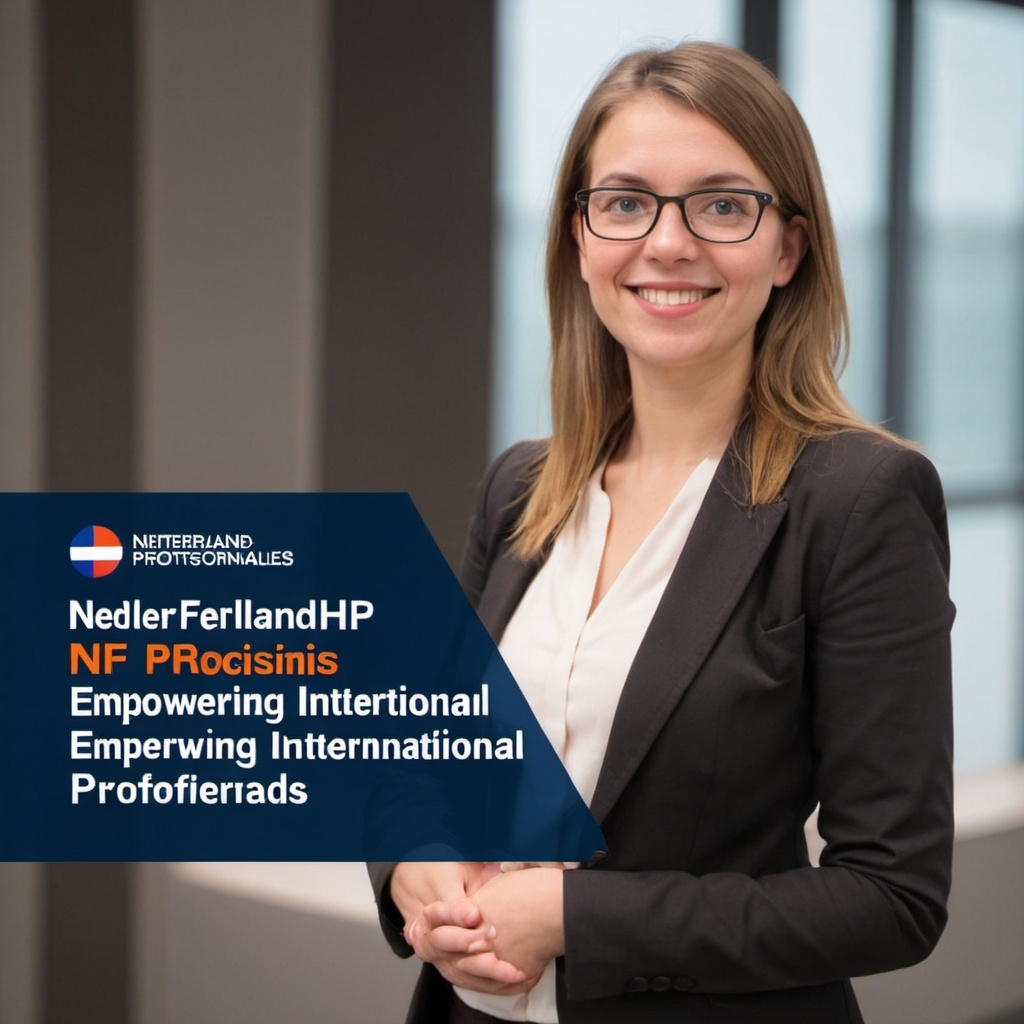Netherlands Fellowship Programmes (NFP): Empowering International Professionals
The Netherlands Fellowship Programmes (NFP) were a prominent scholarship initiative designed to promote capacity building within organizations in 51 countries by providing training and education to mid-career professionals. Though the NFP was phased out and replaced by the Orange Knowledge Programme (OKP), the legacy and objectives remain significant for understanding the Netherlands’ commitment to international development and education. This article delves into the key aspects, benefits, eligibility criteria, and application process of the NFP, highlighting its role and successor.
Overview of the Netherlands Fellowship Programmes (NFP)
The NFP was funded by the Dutch Ministry of Foreign Affairs and administered by Nuffic, the Dutch organization for internationalization in education. It aimed to help alleviate qualitative and quantitative shortages in various sectors by enhancing the skills and knowledge of professionals through study and training in the Netherlands.
Key Features of the NFP
1. Target Audience: The NFP primarily targeted mid-career professionals who were nationals of, and living and working in, one of the 51 eligible countries. These professionals were expected to be in a position to introduce and implement the knowledge and skills gained in their organizations and sectors.
2. Fields of Study: The NFP covered a wide range of fields, including agriculture, environmental management, economics, social sciences, and health. The focus was on areas that would directly benefit the development of the applicant’s home country.
3. Types of Programmes**:
– Short Courses: Intensive training programmes lasting a few weeks to a few months.
-Master’s Programmes: One to two-year academic programmes at Dutch institutions.
-PhD Programmes: Research-based doctoral studies.
Benefits of the NFP
1. Financial Support: The NFP covered tuition fees, travel costs, insurance, and a monthly allowance for living expenses. This comprehensive financial support enabled professionals to focus fully on their studies and training.
2. Professional Development: The NFP provided opportunities for advanced training and education, enabling fellows to gain new skills, knowledge, and perspectives relevant to their professional roles.
3. Networking Opportunities: Studying in the Netherlands allowed NFP fellows to build international networks with peers, academics, and professionals, fostering international collaboration and knowledge exchange.
4. Capacity Building: By enhancing the capabilities of individual professionals, the NFP aimed to contribute to the broader development goals of their home countries, supporting institutional and sectoral growth.
Eligibility Criteria
1. Nationality: Applicants had to be nationals of one of the 51 NFP countries and working in their home country.
2. Professional Experience: Candidates were required to have several years of relevant work experience and demonstrate their potential to apply the skills and knowledge gained through the programme in their professional roles.
3. Employer Support: Applicants needed to be nominated by their employer, who would provide a statement confirming the relevance of the training or education to the organization and support the applicant’s study leave.
4. Academic Requirements: Candidates had to meet the academic and language proficiency requirements of the Dutch institution and programme they were applying to.
Application Process
1. Find a Programme: Prospective applicants needed to identify a suitable programme offered by a Dutch institution. The programmes had to be related to the applicant’s professional field and contribute to the development goals of their home country.
2. Institutional Application: Applicants had to apply for admission to the chosen programme directly through the Dutch institution’s application process. Admission was a prerequisite for being considered for the NFP.
3. Submit NFP Application: Once admitted to a programme, candidates could apply for the NFP through the Nuffic online application system. The application included a statement of purpose, a letter of nomination from the employer, and proof of admission to the Dutch programme.
4. Selection Process: Applications were evaluated based on the relevance of the programme to the applicant’s professional and national context, the potential for applying the knowledge gained, and the candidate’s overall qualifications and motivation.
The Orange Knowledge Programme (OKP)
In 2017, the NFP was succeeded by the Orange Knowledge Programme (OKP). The OKP continues the mission of its predecessor by offering scholarships for short courses and master’s programmes, with a strong emphasis on strengthening the capacity of organizations through education and training. The OKP targets professionals from specific countries and focuses on key thematic areas, including food security, water management, sexual and reproductive health and rights, and security and the rule of law.
Conclusion
The Netherlands Fellowship Programmes (NFP) played a pivotal role in enhancing the skills and knowledge of professionals from developing countries, contributing to their home countries’ development. While the NFP has transitioned to the Orange Knowledge Programme, the core objectives of capacity building, international cooperation, and sustainable development remain central to these Dutch scholarship initiatives. Prospective applicants should explore the OKP for current opportunities, ensuring they meet the eligibility criteria and deadlines to take advantage of this valuable support for their professional and academic growth.







